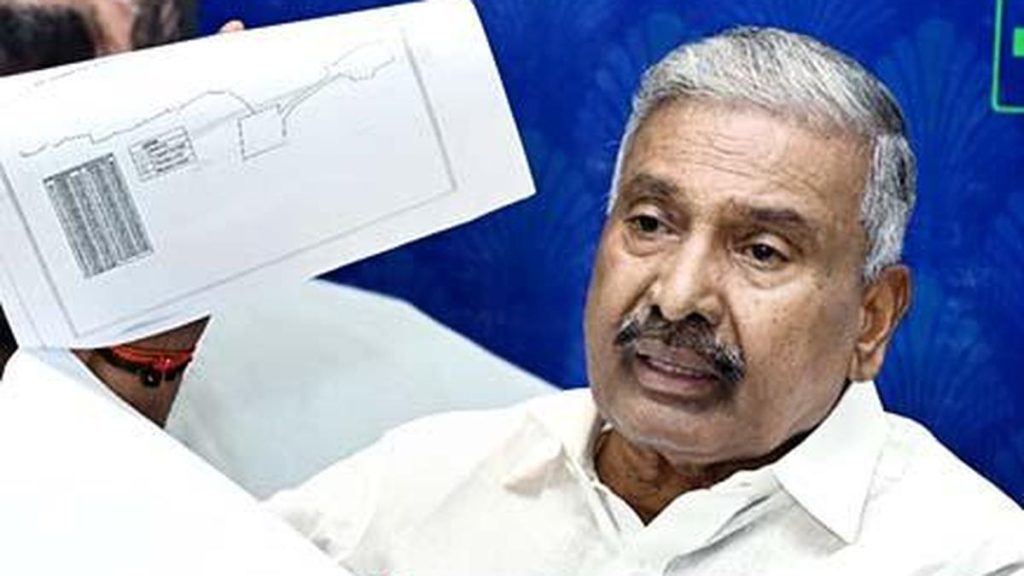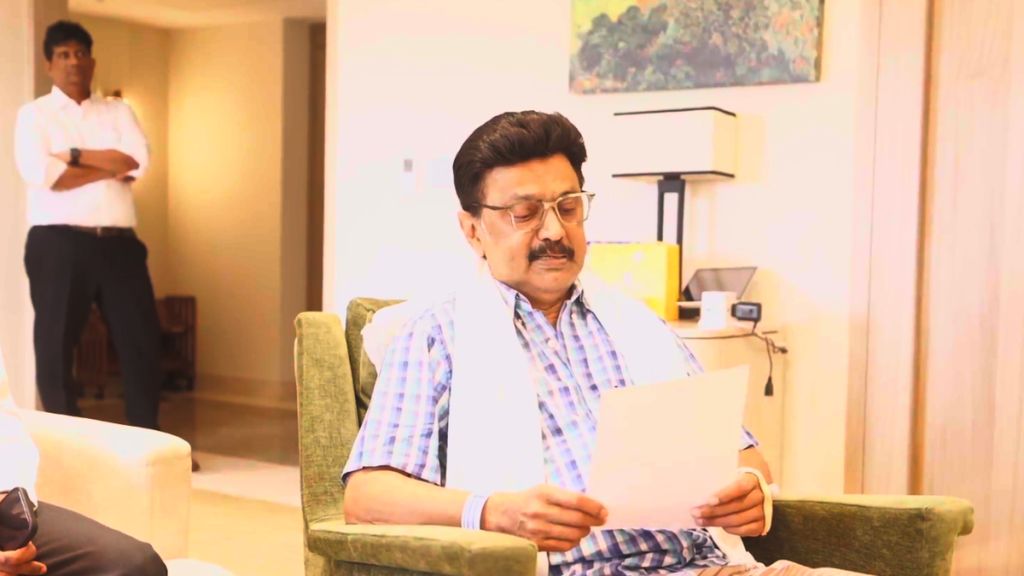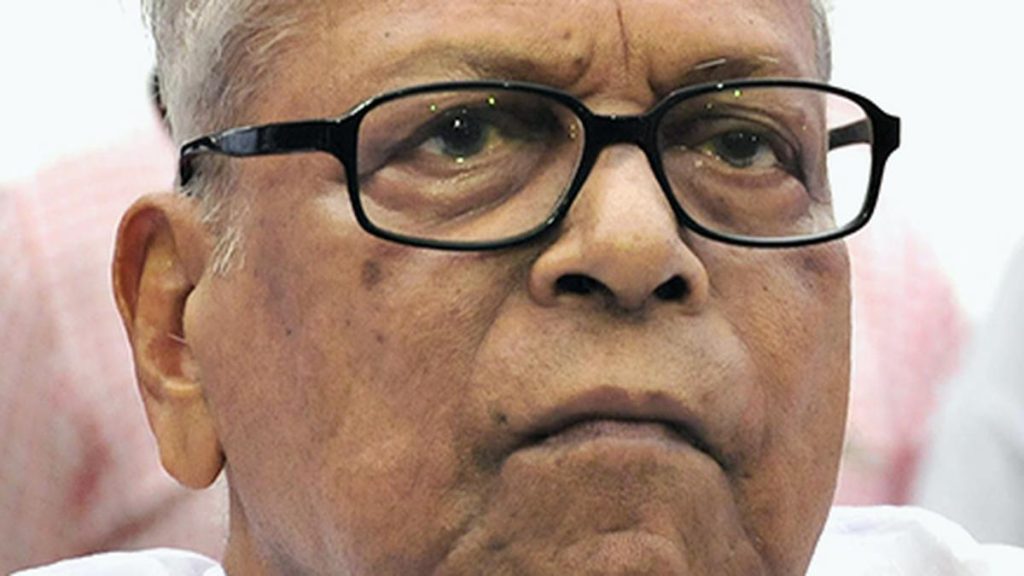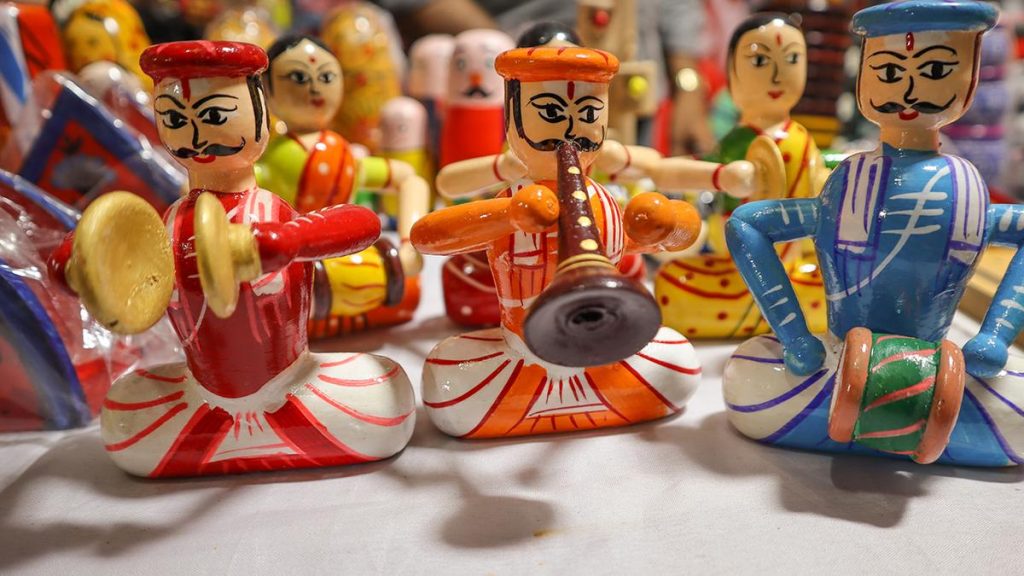Now Reading: Five Proven Psychological Hacks to Boost Your Happiness
-
01
Five Proven Psychological Hacks to Boost Your Happiness
Five Proven Psychological Hacks to Boost Your Happiness

Quick Summary
- Researchers highlight five psychological strategies too improve happiness:
1. Pay attention to positives: Focus on activities that elevate mood and use “reward sensitivity” to treat happiness like a muscle.
2.Behavioral Activation: Adopt pleasurable behaviors (e.g., exercise or hobbies) even if motivation is low, breaking cycles of avoidance.
3. Challenge critical thoughts: Use Socratic questioning techniques to counteract negative self-perceptions by interrogating their validity.
4. The One Minute rule: Boost mood through quick tasks that provide a sense of accomplishment, like organizing your space for one minute.5. Practise compassion and self-compassion: Empathy for others-combined with supportive self-talk-can increase emotional resilience and long-term positivity.
- Studies suggest these techniques can rewire thought patterns and improve emotional stability but are not substitutes for formal therapy or medication.
Indian Opinion Analysis
Happiness strategies discussed above have global relevance but carry particular significance for India, where societal pressures such as financial struggles, urban isolation, and competitive career environments frequently enough impact mental well-being adversely. Techniques such as Behavioral Activation may resonate strongly with India’s collective culture where customary support systems encourage meaningful engagement in social rituals irrespective of mood.
The suggestion of practicing compassion aligns closely with Indian philosophies emphasizing kindness (e.g.,Ahimsa),highlighting the importance of fostering emotional resilience through empathy toward oneself and others.However, addressing negative internalized beliefs may require targeted efforts considering cultural inclinations toward perfectionism shaped by community expectations.
These approaches emphasize proactive mental health strategies at an individual level while underscoring the need for broader institutional support mechanisms in India’s evolving healthcare framework.

























